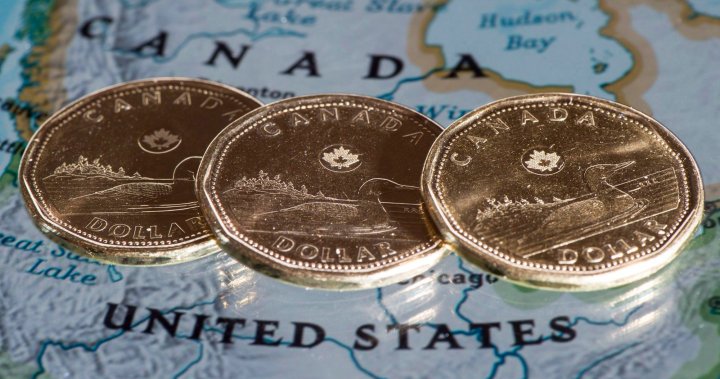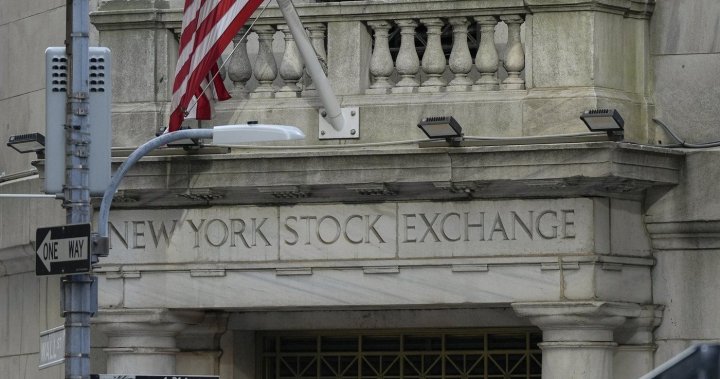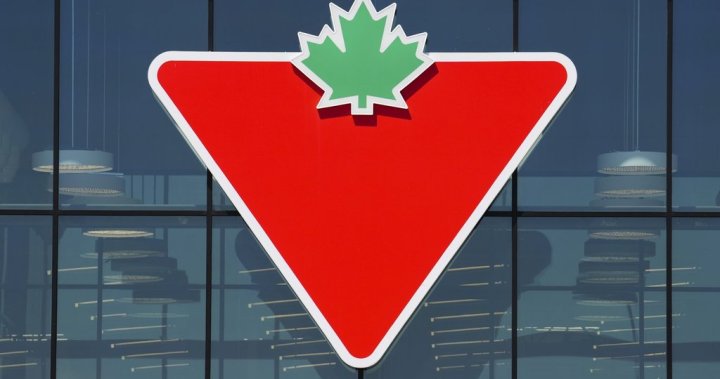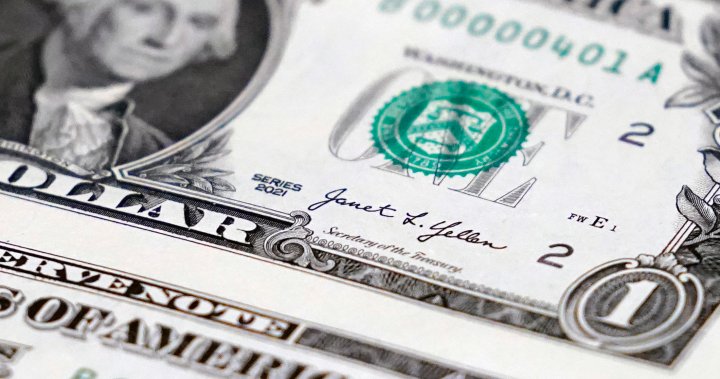Here are 4 ways your finances could change under Trump’s 2nd presidency – National

Canadians are watching their finances for any impacts as President Donald Trump takes back the reins of government in the United States.
But one of the biggest economic threats of Trump’s second term — a pledge to impose blanket tariffs on goods entering the U.S. from Canada and other trade partners — appears to have been put off.
Those tariffs will not be implemented on Trump’s first day in office, as the president once floated, as first reported by the Wall Street Journal. Instead, he will reportedly issue a memo calling for a broad review of U.S. trade with a focus on China, Canada and Mexico that could see tariffs put in place at a later date.
Even with a brief reprieve from threatened tariffs, the ripple effects of Trump’s second presidency are already being felt north of the border.
Here’s what Canadians should be watching to plan their finances as Trump returns to the White House.
The Canadian dollar shot higher compared to its American counterpart on Monday in response to the news that Trump would not immediately impose tariffs on Canada.
Despite the gain of about one per cent in early trading on inauguration day, the loonie remains just below 70 cents US. The Canadian dollar has been largely depressed since Trump’s re-election in November, and remains down roughly six per cent from the start of last year.
Protectionist policies like Trump’s America-first agenda encourage investors to flood their money into the U.S. and out of other jurisdictions, hampering other currencies in relation to the American greenback.

That’s been bad news for Canadian travellers heading south of the border, as their dollars are not buying as much as they once did.
Personal finance expert Rubina Ahmed-Haq tells Global News that her family has chosen to stick closer to home rather than travel abroad while vacation planning for 2025.
“We’re going to travel in Canada because it means that we know we have expectations and predictability when it comes to how far our dollar will go,” she says.
For those who feel the need to get out of Canada this year, Ahmed-Haq says it could be a good time to book a trip to an all-inclusive resort, rather than doing an excursion to American hotspots like New York City. This can help cut down on the number of purchases made in U.S. dollars and the amount travellers pay in foreign transaction fees.
Canadian businesses, too, are feeling the pinch of a weaker loonie and the uncertainty of a second Trump presidency.
A potential trade war sparking between Canada and the U.S. could see tariffs imposed from both sides of the border, raising cost pressures on companies importing a variety of goods from the U.S.

Get weekly money news
Get expert insights, Q&A on markets, housing, inflation, and personal finance information delivered to you every Saturday.
The Bank of Canada said in its Business Leaders Pulse survey released Monday that some 40 per cent of businesses said they expect negative impacts because of the new U.S. administration, while a third said it was too soon to tell. Higher input costs were the most commonly cited impact via the survey.
“If these tariffs are brought in, companies are going to do what they do: they’re going to pass that on to the consumer, unfortunately,” Ahmed-Haq says.
A weak loonie also makes it more expensive for Canadian firms to buy from American suppliers. Motor vehicles imported from the U.S. are one area Canadian consumers could see prices rise from both a weaker dollar and possible trade disputes.

Canadians will also notice the pain of a weaker loonie at the grocery store, particularly in the winter, when many fresh fruits and vegetables are imported from the warmer states.
For this reason, Ahmed-Haq says that shopping locally grown may be more important under a second Trump administration. But she adds that those choices may only become more of an option for Canadian consumers during the summer months.
If Trump decides to wield his tariff powers in disputes with China, Ahmed-Haq warns that some goods sourced from Chinese suppliers may get more expensive in Canada as well to offset the impact of U.S. restrictions. That could limit savings for consumers on the kinds of typically cheap goods bought at dollar stores in Canada, she says.
U.S. markets were closed Monday for Martin Luther King Jr. Day, but investors are widely expecting Trump to enact a pro-business agenda that could be bullish for stock market gains this year.
During Trump’s inaugural speech, stock futures traded higher, with contracts on the Standard & Poor’s 500 index, the Nasdaq 100 index and the Dow Jones Industrial Average trading up between 0.4 per cent and 0.5 per cent.
Canada’s benchmark index, the S&P/TSX, shot up 0.7 per cent on Monday morning before retrenching some of those gains.

“Although we suspect that a fair degree of volatility will persist for a while yet, we ultimately expect his first year in office to coincide with a further rally in the U.S. dollar and U.S. equities,” said James Reilly, senior markets economist at Capital Economics.
Since Trump’s re-election, bank stocks and cryptocurrency in particular have seen their prices soar amid hopes for deregulation and possible tax cuts in his second term.
Allan Small, senior investment adviser at iA Private Wealth, told Global News earlier this month that, despite the weak loonie, Canadians ought to be increasing their exposure to the U.S., which he called “the best place in the world for investment today.”
Economists have warned in the lead-up to inauguration day that Canada’s economy would tip into a recession if Trump’s threatened tariffs came to pass.
Desjardins forecasts that outcome would see inflation rise back to three per cent and the unemployment rate hit levels not seen since the COVID-19 pandemic.
Ahmed-Haq said that Canadians working in industries or areas that might be particularly vulnerable to restrictive trade policy under the new Trump regime ought to prepare for turbulence in the year ahead.
That includes sectors such as the automotive, steel and aluminum industries or cities such as Windsor, Ont., that rely economically on their proximity to the U.S. border.

“If businesses can’t scale and if they’re finding it cumbersome and expensive to do cross-border trade, that definitely is going to have an impact on people’s jobs in Canada and their ability to get a raise, because that company is not going to be making as much money,” she says.
While there’s still plenty to be concerned about under a Trump administration, Ahmed-Haq says Canadians ought to remember how much of their spending, saving and economic prospects are based on domestic factors. Even if tariffs are eventually implemented, prices will not shoot up “overnight,” she says.
“I think we need to simmer down a little bit. I think a lot of us are getting really worried. I think most of the stuff, we still have a lot of control over.”
— with files from Reuters








